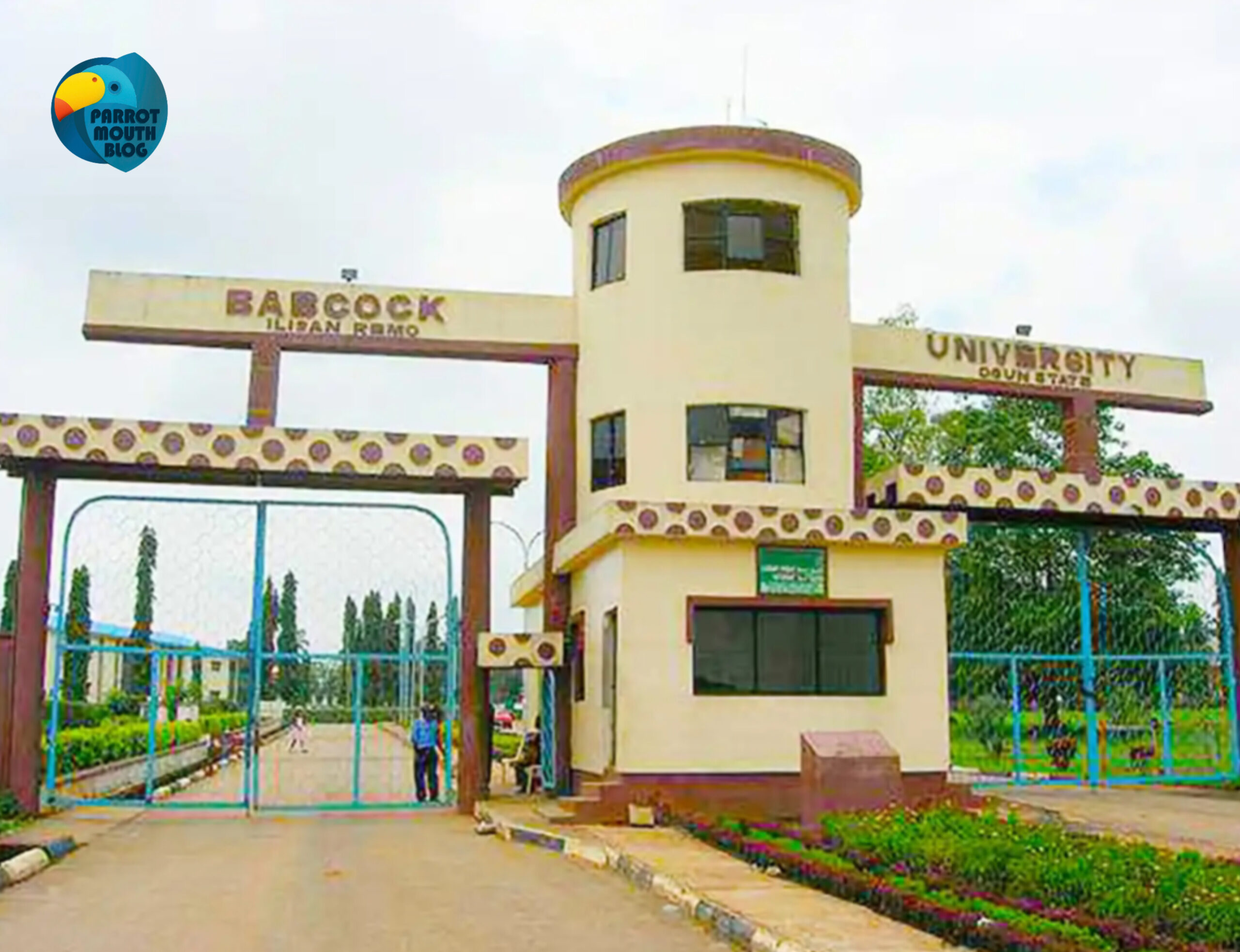Babcock University has strongly rejected online allegations against Vice-Chancellor hopeful Dr. Afolarin Ojewole, branding the accusations as completely fabricated and designed to damage the institution’s reputation during a critical leadership transition.
The controversy erupted as the university prepared to select a new leader to replace outgoing Vice-Chancellor Prof. Ademola Tayo, whose term ends in November.
With the announcement of his successor expected by December 1st, the institution finds itself defending both its selection process and one of its top candidates.
According to Joshua Suleiman, Babcock’s Director of Marketing and Communication, the university has no record of any complaints, disciplinary actions, or investigations involving Ojewole.

The institution is threatening legal action against those spreading what it calls “false and defamatory” claims.
“This is pure fabrication aimed at disrupting our transparent appointment process,” the university stated, rejecting suggestions that it’s showing favoritism toward any particular candidate.
The online report in question alleged that Ojewole had been previously sanctioned for sexual misconduct and that Babcock was attempting to cover up the incidents to smooth his path to the top job.
However, the university has provided a different explanation for events that critics have mischaracterized.
Babcock clarified that Ojewole’s leave of absence in 2018 was actually for personal family reasons—he traveled to the United States with his wife to support their children—rather than any disciplinary measure.
The institution insists there’s no truth to claims about secret committees or hidden investigations.
“No complaint was ever received from any individual or group, including the advocacy organization mentioned in these reports,” Suleiman emphasized, calling the entire narrative a product of someone’s imagination.
The university is taking particular offense at suggestions that its selection process lacks integrity.
Babcock maintains that its Governing Council’s Search Committee operates according to established Church policies, national regulations, and strict moral guidelines.
University leadership described the Vice-Chancellor selection as a “sacred and spiritual exercise” based on merit and character rather than political maneuvering or behind-the-scenes lobbying.
They’re calling on all candidates and their supporters to avoid spreading propaganda that could undermine the process.
The timing of these allegations has raised questions about whether someone is trying to influence the selection outcome through character assassination.
Babcock appears determined not to let external pressure derail what it describes as a fair and transparent competition.
“We won’t hesitate to pursue legal action to protect our reputation, the Church, and individuals who are being unfairly targeted,” the university warned, signaling it’s prepared for a fight if the allegations continue.








